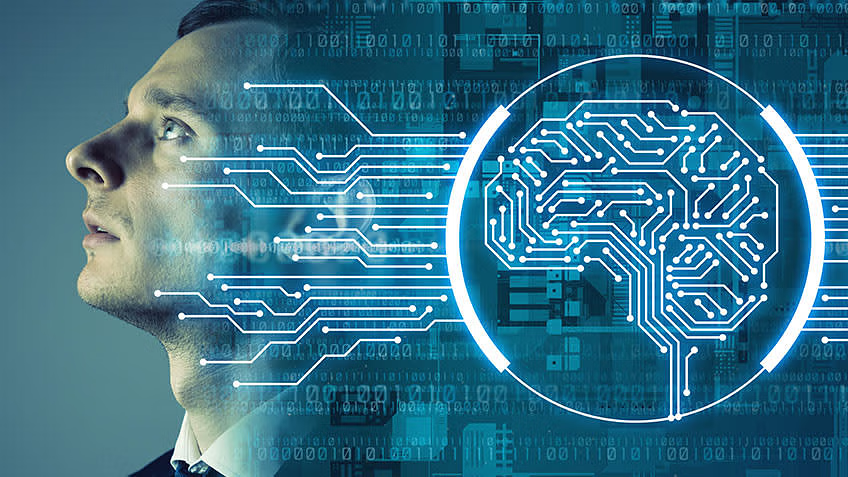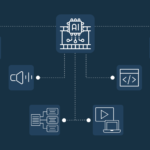In the rapidly evolving landscape of education, technology continues to play a pivotal role in reshaping traditional learning paradigms. One of the most transformative advancements is the integration of Artificial Intelligence (AI) in education through AI tutoring and intelligent agents. These innovative tools have the potential to personalize learning experiences, provide real-time feedback, and enhance overall educational outcomes.
AI Tutoring:
AI tutoring represents a paradigm shift in the way students access and interact with educational content. Unlike traditional tutoring, which is often limited by time and resources, AI tutoring systems are available 24/7, providing students with on-demand assistance tailored to their individual needs.
These systems leverage machine learning algorithms to analyze a student’s performance, identify areas of strength and weakness, and deliver personalized learning materials. The adaptive nature of AI tutoring ensures that students receive content at their own pace, allowing for a more comprehensive understanding of the material.
Intelligent Agents:
Intelligent agents, another facet of AI in education, go beyond tutoring by providing a more holistic and interactive learning experience. These agents can take various forms, from virtual assistants to chatbots, guiding students through coursework, answering questions, and even facilitating collaborative learning environments.
The key advantage of intelligent agents lies in their ability to understand natural language and context, making interactions with students more intuitive and engaging. These agents can adapt their responses based on the student’s progress, offering dynamic and tailored support throughout the learning journey.
Benefits of AI Tutoring and Intelligent Agents:
Personalized Learning: AI tutoring systems analyze individual learning patterns and preferences, tailoring educational content to meet the unique needs of each student. This personalized approach fosters a deeper understanding of the material and promotes self-directed learning.
Accessibility: AI tutoring and intelligent agents break down geographical barriers, providing education to students regardless of their location. This accessibility is particularly beneficial for remote or underserved communities that may lack access to traditional educational resources.
Immediate Feedback: Intelligent agents can provide real-time feedback on assignments, quizzes, and assessments. This immediate feedback helps students identify and address misconceptions promptly, facilitating a more efficient learning process.
Time Efficiency: AI tutoring allows students to progress at their own pace, reducing the risk of falling behind or feeling rushed. Intelligent agents also streamline administrative tasks, freeing up educators to focus on more personalized and impactful interactions with their students.
Challenges and Considerations:
While the integration of AI in education holds immense promise, there are challenges that must be addressed. Ensuring data privacy, mitigating biases in algorithms, and promoting digital literacy are critical considerations to ensure the responsible and ethical implementation of AI tutoring and intelligent agents in educational settings.
AI tutoring and intelligent agents represent a ground-breaking frontier in education, transforming the way students learn and educators teach. As these technologies continue to advance, the potential for a more inclusive, personalized, and efficient educational experience becomes increasingly apparent.
Striking a balance between technological innovation and ethical considerations will be key to unlocking the full potential of AI in shaping the future of education.















Leave a comment